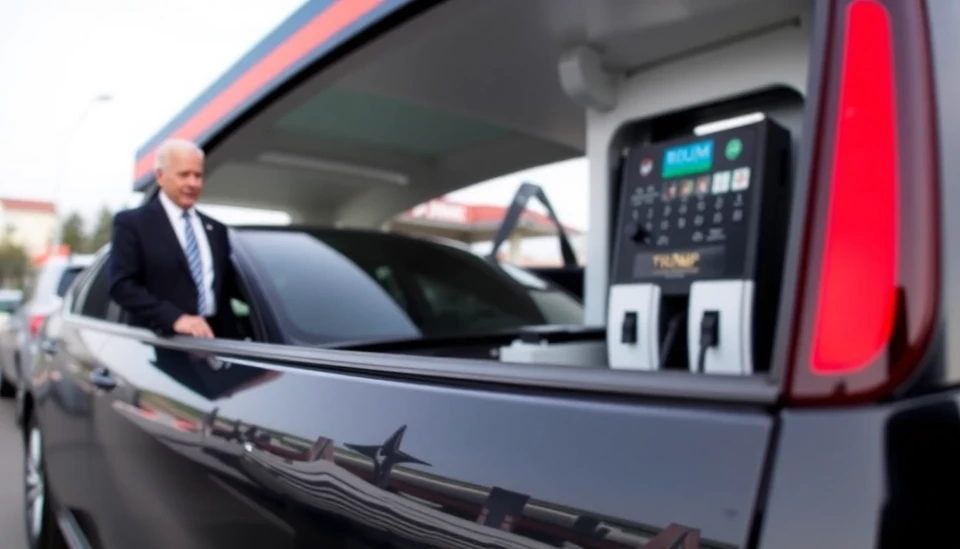
In a historic move that could reshape the automotive landscape in the United States, the Biden administration has granted approval for California's ambitious plan to ban the sale of new gasoline-powered vehicles by 2035. This decision not only reinforces California's leadership in environmental policy but also sets the stage for a significant clash with the previous Trump administration's stance on fuel emissions and climate change.
California's ban, which is part of a broader strategy to combat climate change and reduce greenhouse gas emissions, marks a pivotal moment in the state’s ongoing battle against air pollution and its commitment to sustainable energy. Governor Gavin Newsom initially announced this aggressive timeline in 2020 while highlighting the state's vulnerability to climate change. The approval from the Biden administration adds federal backing, which is crucial for its implementation across the nation.
The latest move has been met with enthusiasm from environmentalists and clean air advocates, who see it as a necessary step toward reducing reliance on fossil fuels. By being the first state to adopt such stringent standards, California aims to inspire other states to follow suit. The projected shift toward electric vehicles (EVs) is expected to not only benefit the environment but also stimulate technological advancements in battery technology and renewable energy sources.
However, the decision has ignited a vehement response from Republican leaders, including former President Donald Trump. Trump's administration had previously instituted policies that rolled back environmental regulations and promoted fossil fuel use. He has criticized California's efforts, labeling them as overreach and detrimental to consumers who prefer traditional vehicles.
Moreover, automotive manufacturers are currently grappling with the potential consequences of this landmark decision. While leading automakers have already announced plans to expand their electric vehicle lineups, the mandate poses both challenges and opportunities. Industry players will need to accelerate their transition strategies if they are to comply with the new regulations set by California and encouraged federally by the Biden administration.
In response to the push for electric vehicles, California is not only tightening regulations on new car sales but is also investing in widespread infrastructure for EV charging stations across the state. This additional focus on infrastructure aims to alleviate concerns regarding vehicle range and accessibility, essential factors in consumer adoption of electric cars.
As the debate unfolds, California serves as a litmus test for other states contemplating similar measures. With many states already expressing interest in following California’s lead, the outcome of this initiative could usher in a new era of automotive standards across the United States, pushing for a cleaner, more sustainable future in transportation.
The approval of California's gas car ban showcases a clear pivot in U.S. policy—from the previous administration's pro-fossil fuel stance to a robust commitment to environmental responsibility under Biden. The ongoing dialogue between state and federal policies will undoubtedly shape the future of the U.S. automotive industry, as well as the environmental landscape in the coming decades.
#CaliforniaGasCarBan #ElectricVehicles #ClimateChange #BidenAdministration #Sustainability #EnvironmentalPolicy #AutomotiveIndustry #CleanEnergy
Author: Peter Collins




